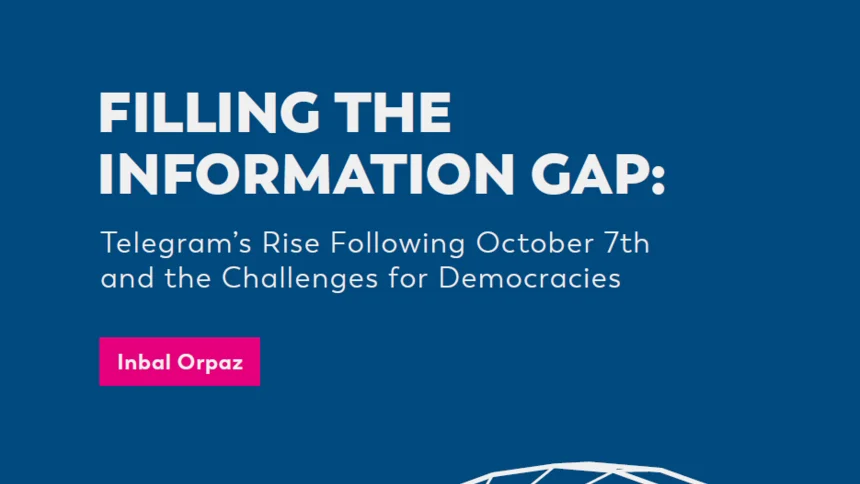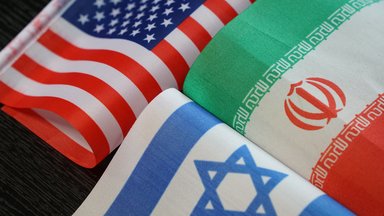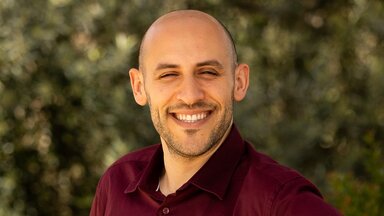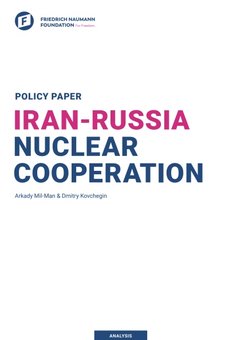Jerusalem
The Friedrich Naumann Foundation for Freedom has been operating in Israel since 1982 and began its Palestinian work in 1994. With an Israeli-Palestinian team in a joint office in Jerusalem the foundation aims to be a platform of innovation for enhancing freedom in society, strengthening dialogue with the European Union and contributing to the advancement of Israeli-Palestinian dialogue. Together with our partners, we want to strengthen liberal values like the rule of law, respect of human dignity with civil and human rights, market economy principles and entrepreneurship and a democratic culture of tolerance and pluralism.
News
-
Filling the Information Gap
In the early days of the war, many Israelis experienced a sharp “information gap. This vacuum accelerated a shift toward Telegram as a breaking-news tool: fast, direct, and often unfiltered.
-
Banning Hate Speech: Winning the Battle But Losing the War
A free society cannot exist without free speech. However, there are instances in which free speech is limited. This article means to tackle the different options, when dealing with Hate Speech.
-
Exchange of Blows between Israel and Iran: Perspectives from the Region
The escalation between Israel, Iran and the USA is shaking up the Middle East, revealing global risks and raising the question of whether regional stability and genuine peace are even possible.
-
Healing Amidst Rupture: NATAL’s Work Supporting Israelis Through War and Trauma
Since the terrorist attack on October 7, 2023, many Israelis have been under severe psychological strain. In an interview, Ifat Morad from NATAL reports on how psychosocial support creates hope and stability in everyday war life.
-
Israel-Iran war: Is the regime in Tehran about to fall?
The war between Israel and Iran is changing the regional dynamic. Lt. Col. (ret.) Danny Citrinovitch analyzes why America's role now determines the success or failure of Israel's strategy.
-
Cross-Border Dialogue on Liberal Values
In a time of growing geopolitical tension and polarization, a delegation of Israeli liberal politicians embarked on a week-long journey to Brussels and Berlin to deepen dialogue with European allies.
-
Remembering October 7th
14 months ago, Hamas terrorists brutally attacked Israel on the 7th of October 2023. Ariel Segal, senior political advisor to Yair Lapid, chairman of Yesh Atid, Israel's liberal party, shares her thoughts.



























